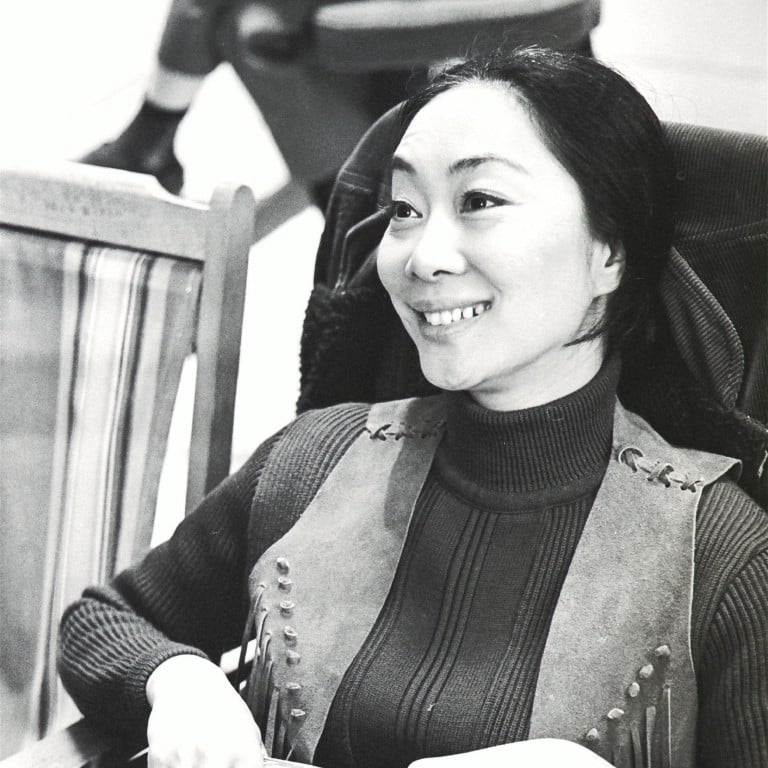
When Lisa Lu, star of Crazy Rich Asians, acted opposite Marlon Brando and James Stewart early in her Hollywood career
- Lisa Lu, best known internationally for her work in films like The Joy Luck Club and Crazy Rich Asians, began acting in America in the 1950s
- She starred in The Mountain Road with James Stewart, filmed scenes with Marlon Brando for One-Eyed Jacks that were cut, and was in dozens of TV Westerns
Veteran actress Lisa Lu Yan is best known internationally for her work in films like The Joy Luck Club and Crazy Rich Asians.
Lu featured in films with stars such as Victor Mature and James Stewart, and even worked with Marlon Brando.
I would say that Chinese people would never do it that way, they would do it this way. But, of course, no one listened to me.
She was also a popular choice for roles in the cowboy series which ruled American television screens in the 1950s and 1960s.
Lu regularly appeared in the television parody series Have Gun, Will Travel, in which she had a recurring role as Hey Girl, although she was often given more substantial parts through guest appearances in shows such as Bonanza.
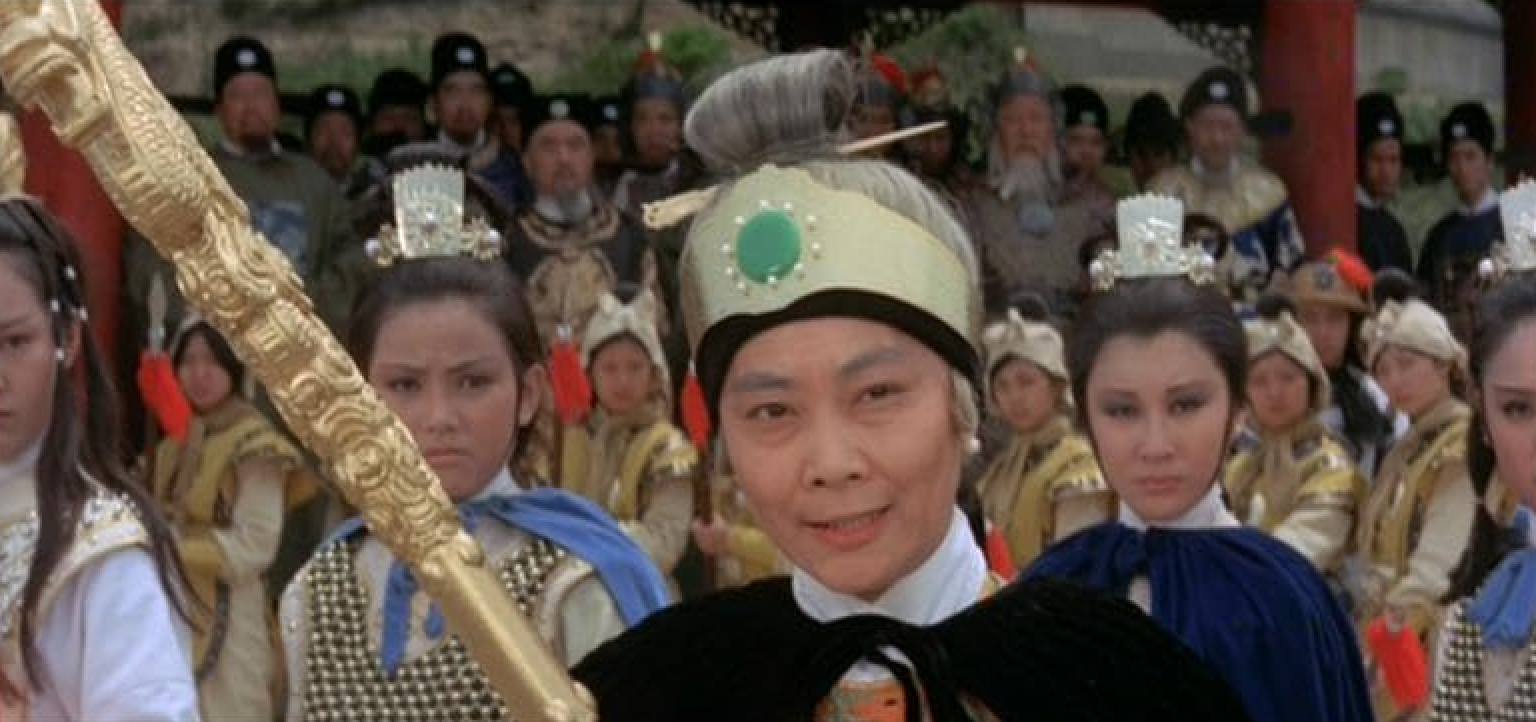
She trained at drama school in the United States and can adapt herself to convincingly fit any role, whether it be a Chinese worker in the Wild West or the Empress Dowager.
Early on, Lu realised that to get roles on television, it was important to be fast and adaptable, as the scripts would often change on the set.
‘This is it’: the 90s film set on which Michelle Yeoh was seriously injured
She became known for her flexibility, and acquired the nickname “One-Take Lisa” in Hollywood, something she thinks led to her success in American television productions.
Lu’s career nearly did not happen; she came late to acting, making her film debut at the age of 31. Her mother noticed that she had an aptitude for arithmetic, and encouraged her to go into banking.
She always wanted to act, but only decided to move into the profession after she was married. Her husband, somewhat deprecatingly, said she might as well give it a shot so that when she failed, she would at least know that she had tried.
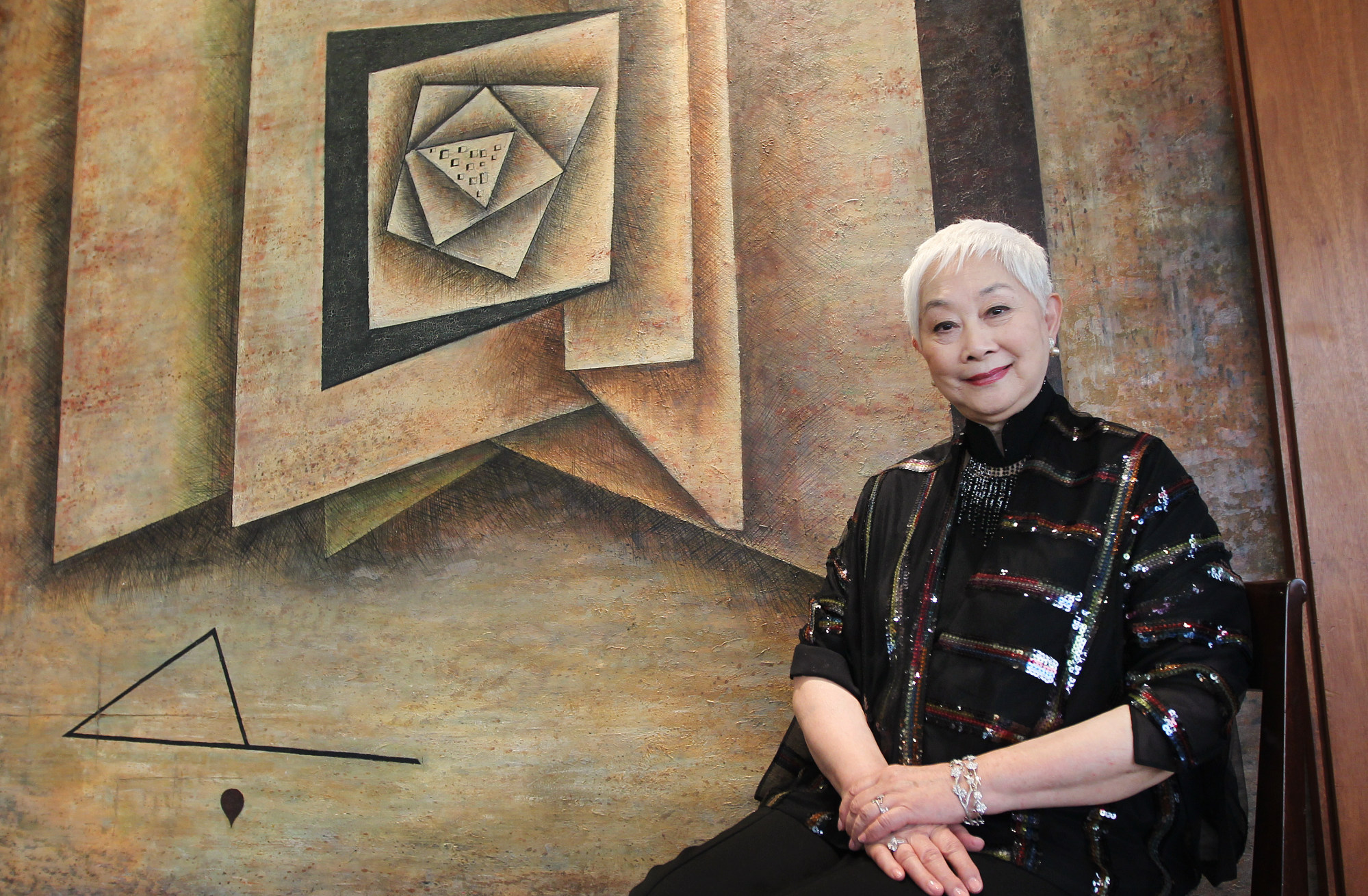
“I worked in an office in Los Angeles for years,” Lu told this journalist in an interview in 1998. “It was so boring! I always wanted to act. So I went back to school and studied acting and drama.”
Lu’s first film role was as a bar girl in the 1958 wartime drama China Doll, one of the last films directed by veteran filmmaker Frank Borzage. It stars Victor Mature as an American pilot stationed in China who, while drunk, buys a Chinese indentured servant, played by Shaw Brothers actress Li Li-hua in her only US film.
She originally approached Borzage for the leading role, but that had already been given to Li.
Lu said there must be another role for a Chinese actress, as the film was set in China. Borzage replied that there was a role as a bar girl, but that demanded an actress with a big bust, and Lu’s breasts were not big enough.
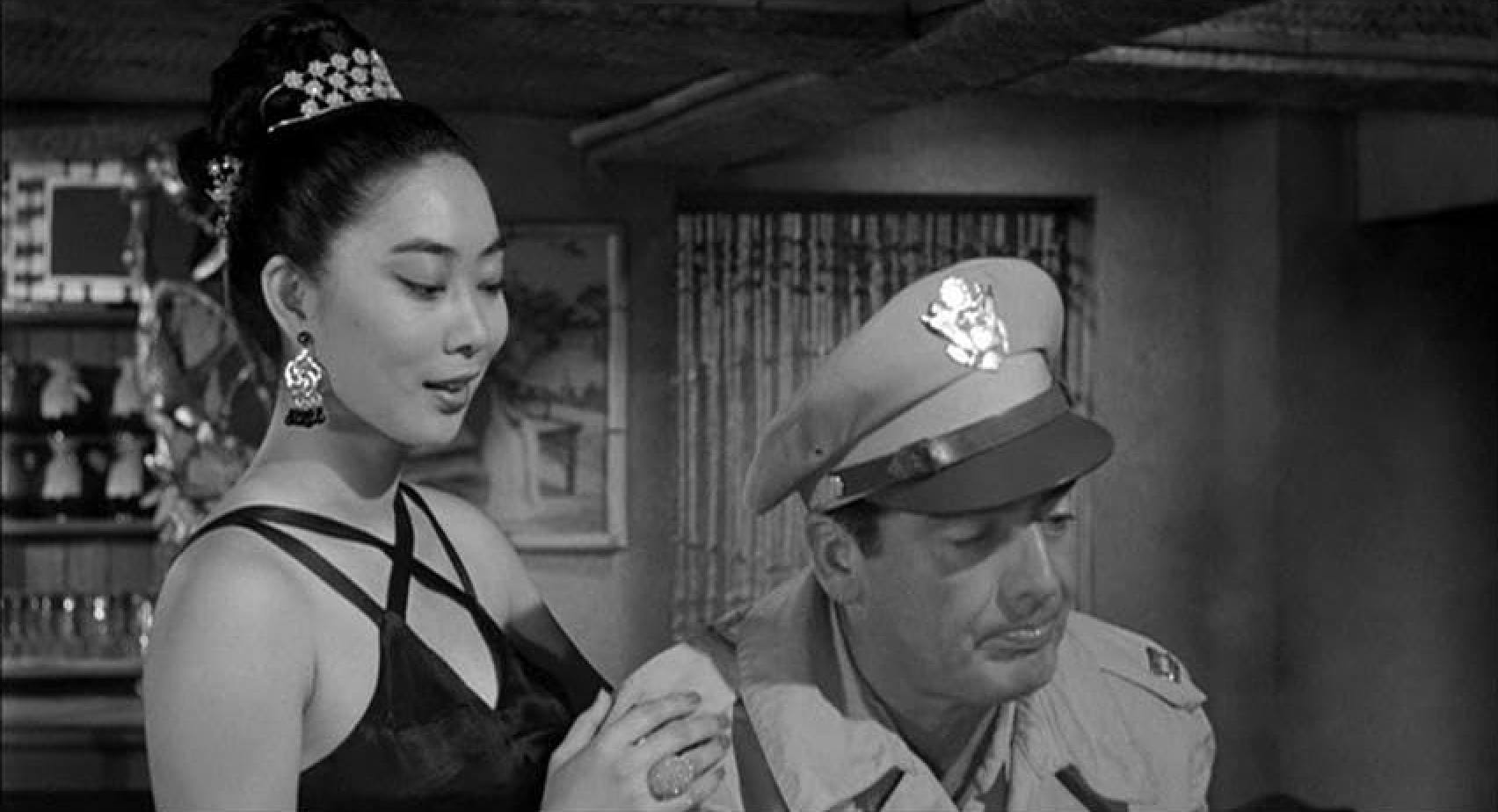
She went away downhearted, before visiting Borzage again and convincing him to give her the part.
Lu plays Two Lotus, a bar girl who hangs around Mature. She only has two scenes, but she is a show-stopper. The actress has always modestly claimed that she was not attractive, but she is glamorous here.
She generally managed to avoid playing such stereotypical “sexy Chinese” roles for the rest of her career, and she has noted that directors usually gave her more articulate characters to play, even though she was still subject to the attitudes of the times.
Lu was given a starring role in her next film, The Mountain Road (1960), another war film that this time featured James Stewart as the leading man. Again set in China in the 1940s, it stars Stewart as the commander of an army demolition squad who is tasked with blowing up abandoned military equipment as the US troops retreat from the invading Japanese army.
She plays Su Mei, the American-educated wife of a deceased Chinese general – probably a Nationalist – who hitches a ride out of danger on Stewart’s jeep.
Stewart’s character has no knowledge of China, and is dismissive – and often violent – towards the Chinese, who he thinks are ineffective and disorganised.
Lu effectively plays his conscience, continually explaining that the Chinese people he encounters are acting chaotically because of the devastation and deprivations caused by the war.
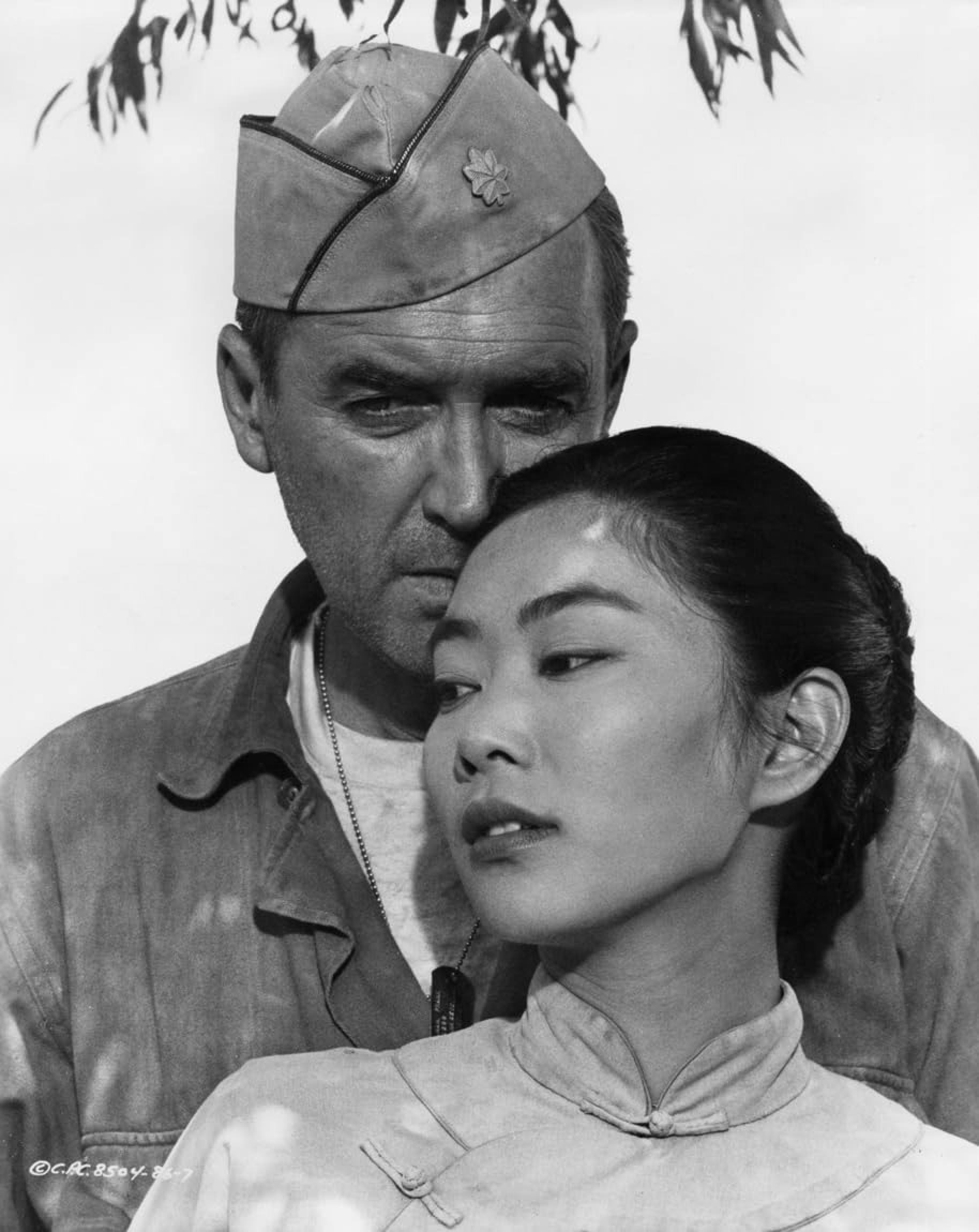
“Sayonara’s producer intended Miiko to follow up on the success of Sayonara with The Mountain Road,” Lu told this writer. “But although Miiko was very beautiful, she was no actress. So she lost the role. My Chinese background meant that l understood the story, so I got the part.”
Daniel Mann, the film’s director, ensures that the audience’s sympathy lies with Su Mei, but Lu was not happy with her portrayal.
“I thought I should present my character as an educated person who knew about the world,” she told this writer. “But somehow, it didn’t come over like that.”
Hong Kong’s first art-house film, The Arch was ahead of its time
“I gave the director my opinions – I would say that Chinese people would never do it that way, they would do it this way. But, of course, no one listened to me. They did whatever they wanted,” she said.
Lu’s next big role was as a character in Brando’s gritty Western One-Eyed Jacks (1961). The production of the film was problematic, and its original director, Stanley Kubrick, had already resigned because of Brando’s domineering attitude, with the star taking over directorial duties.
She played a character who looks after Brando’s aggressive cowboy character when he turns up wounded in a fishing village. In return, he rapes her. Brando apparently got so drunk the first time he came to shoot the scene, it had to be abandoned.
The second time the crew returned to film it, the same thing happened. The finished scene was one of many that was excised from Brando’s original, sprawling five-hour cut.
“Brando called me and said, ‘You were very good, but unfortunately I have to cut your scenes’. My scenes were only a subplot, so they could go. I remember that I asked for the footage of me that they didn’t use. It would have been useful. But of course, they didn’t want to give it to me,” she told this writer.
Few good movie roles came her way after that in the US, so Lu focused on television work. “I was on every television Western you could think of. I played everything – slave girls, dragon ladies and laundry workers,” she said.
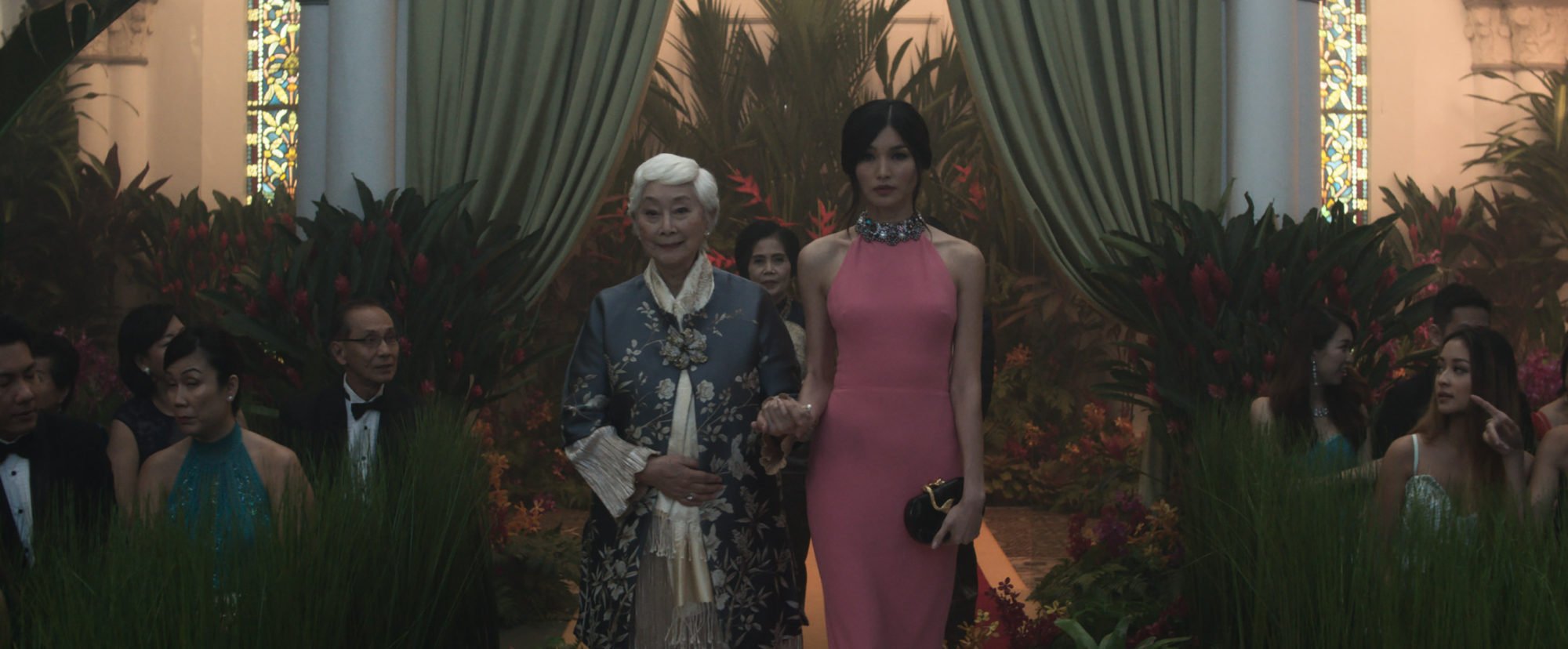
In this regular feature series on the best of Hong Kong cinema, we examine the legacy of classic films, re-evaluate the careers of its greatest stars, and revisit some of the lesser-known aspects of the beloved industry.
